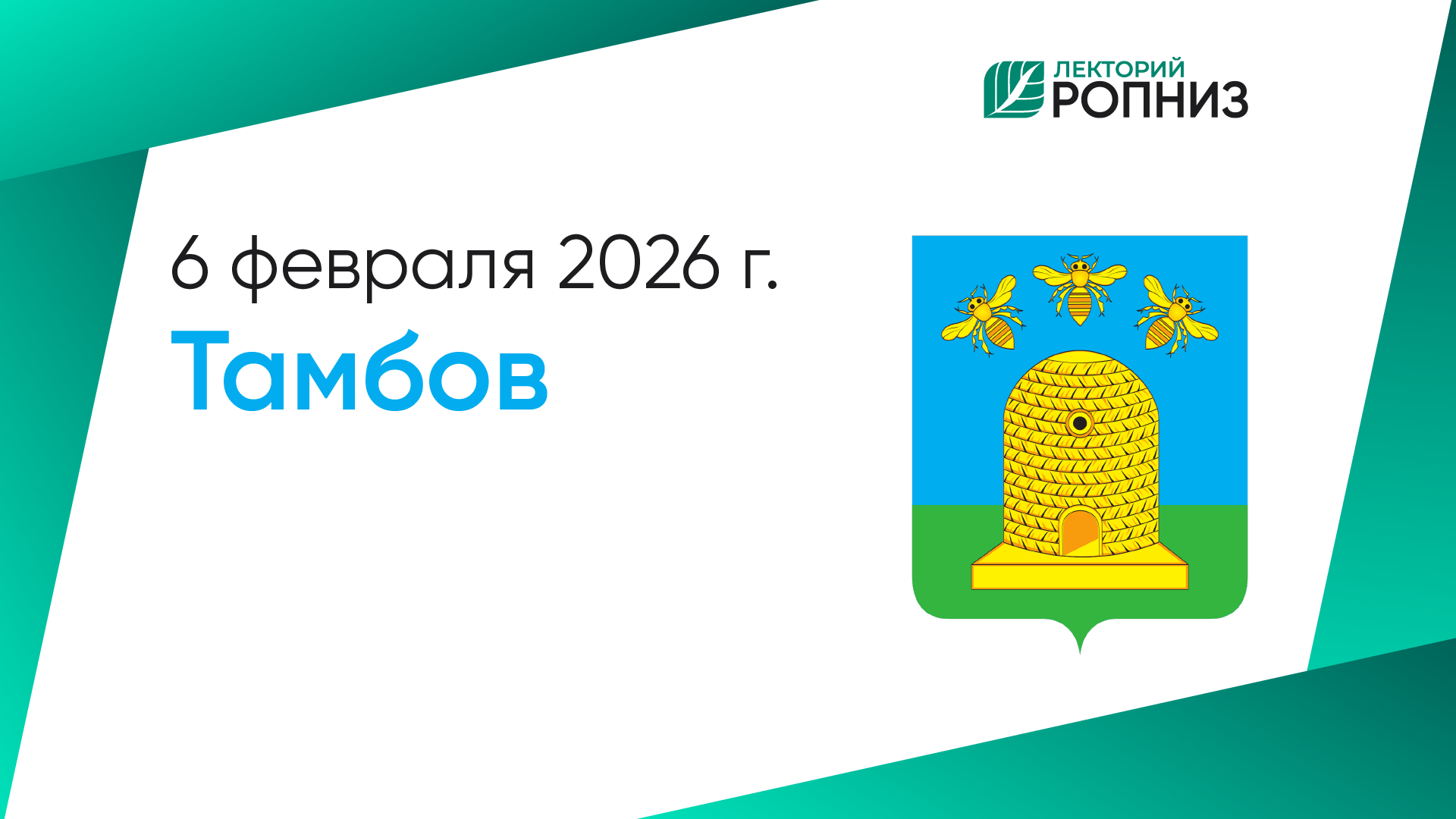Moxonidine for arterial hypertension treatment in menopausal women with metabolic syndrome
Abstract
Aim. To investigate clinical effectiveness of imidazoline receptor agonist, moxonidine, in arterial hypertension (AH) treatment among women with menopausal metabolic syndrome (MMS).
Material and methods. In total, 38 women (mean age 51,4±0,3 years) with MMS received moxonidine (0,2-0,6 mg/d, according to antihypertensive effect) for 6 months. Detailed examination included: 24-hour blood pressure monitoring (BPM), electrocardiography (ECG), microcirculation and endothelial function, vasoactive hormone levels, and insulin resistance (HOMA IR) assessment. Carbohydrate and lipid metabolism parameters were also analyzed. None of the participants received hormone replacement therapy.
Results. Moxonidine therapy was associated with decreased mean systolic and diastolic BP levels (р<0,01). Circadian BP profiles improved, and BP variability reduced (р<0,05), as well as morning BP surge (p<0,01). Six-month moxonidine treatment resulted in microcirculation improvement. Positive dynamics of endothelium-dependent brachial artery vasodilatation in reactive hyperemia test was observed (p<0,05). Moxonidine therapy was also associated with insulin resistance decrease (p<0,05), and body mass index reduction by 6 months.
Conclusion. Moxonidine can be recommended as a basal antihypertensive medication in MMS patients.
About the Authors
V. V. TrusovRussian Federation
K. V. Aksenov
Russian Federation
T. E. Chernyshova
Russian Federation
References
1. Алмазов В.А., Благосклонная Я.В., Шляхто Е.В., Красильникова Е.И. Метаболический сердечно-сосудистый синдром. Санкт-Петербург 1999; 208 с.
2. Бутрова С.А. Метаболический синдром: патогенез, клиника, диагностика, подходы к лечению. РМЖ 2001; 2: 56-61.
3. Григорян О.Р. Коррекция инсулинорезистентности в гинекологической практике. Москва 2001; 76 с.
4. Подзолков В.И., Хомицкая Ю.В., Можарова Л.Г. Менопаузальный метаболический синдром как один из аспектов сердечно-сосудистых заболеваний. Сердце 2004; 3(6): 290-4.
5. Answell BJ. The metabolic syndrom in postmenopausal women. http://www.contemporaryobgyn.net/- 2003.
6. Caihoun DF, Oparil S. The sexual dimorphizm of High blood pressure. Cardiol Rev 1998; 6(6): 356-63.
7. Carr MC. The emergence of the metabolic syndrome with menopause. J Clin Endocrinol Metab 2003; 88: 2404-11.
8. Edmunds E, Lip GY. Cardiovascular risk in women: the cardiologist perspective. QJM 2000; 93(3): 135-45.
9. Kaplan NM. Lifestyle modifications for prevention and treatment of hypertension. J Clin Hypertens 2004; 6(12): 716-9.
10. Haffner SM, Miettinen HP, Michael S, еt al. Homeostasis Model in the San Antonio Heart Study. Diabetes Care 1997; 20(7): 1087- 99.
11. Spenser CP, Godsland IF, Stevenson JC. Is there a menopausal metabolic syndrom? Gynecol Endocrinol 1997; 11(5): 341-55.
12. Wilson PW, Kannell WB, Silbershatz H, D’Agostino RB. Clustering of metabolic factors and coronary heart disease. Arch Intern Med 1999; 159: 1104-9.
13. Sanjuliani AF, Genelhu de Abreu V, Ueleres Braga J, Francischetti EA. Влияние моксонидина на симпатическую нервную систему, артериальное давление, активность ренина плазмы, альдостерон, лептин и метаболический профиль препарата у больных артериальной гипертонией с ожирением. Обзоры клинической кардиологии. ММБ 2006; 5: 11-22.
14. Kaaja R, Manhem K, Tuomilehto J. Treatment of postmenopausal hypertension with moxonidine, a selective imidazoline receptor agonist. Int J Clin Pract Suppl 2004; 139: 26-32.
Review
For citations:
Trusov V.V., Aksenov K.V., Chernyshova T.E. Moxonidine for arterial hypertension treatment in menopausal women with metabolic syndrome. Cardiovascular Therapy and Prevention. 2007;6(4):13-19. (In Russ.)
JATS XML
























































